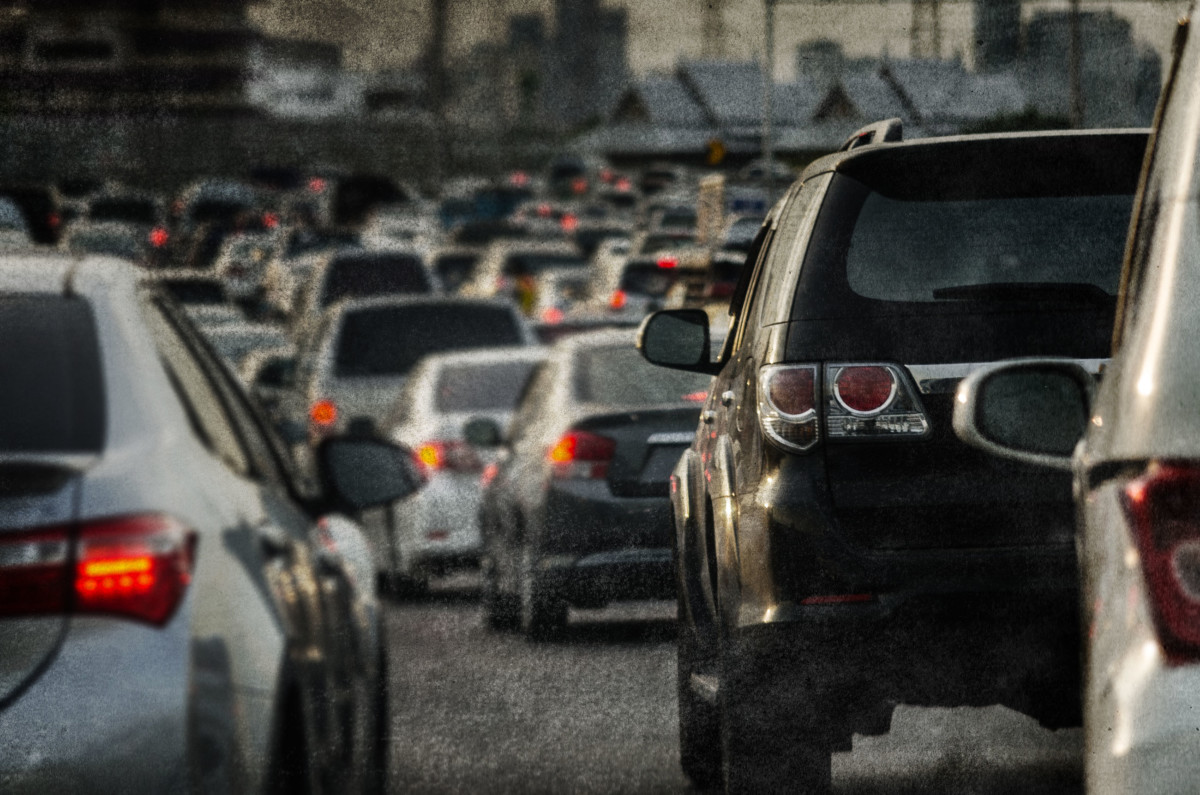On August 2, the Trump administration proposed rolling back the clean car standards, Obama-era regulations that require new cars for model years 2017-2025 to average more than 50 miles per gallon by 2025. In addition to the environmental impact that has already been reported by the New York Times and the Washington Post — which could be massive, since cars and trucks account for 45 percent of US oil consumption and 20 percent of US greenhouse gas emissions — this rollback will be expensive for the American public.
Today’s announcement, published in the Wall Street Journal by Transportation Secretary Elaine Chao and Acting Administrator of the EPA Andrew Wheeler, is part of a plan that was set in motion by Wheeler’s predecessor, Scott Pruitt. In just over a year as head of the EPA, Pruitt managed to roll back, reconsider, delay, or otherwise tinker with more than 14 safeguards that protect everything from the air we breathe to the water we drink. In total, taking away all of these protections will cost Americans upwards of $260 billion annually in climate, health, and fuel impacts — that’s $2,000 in costs annually for every American household.
Here’s how the cost breaks down specifically for today’s clean cars rollback announcement:
The Average US Family Will Pay an Additional $500 per Year in Fuel Costs
The current rules require automakers to nearly double the fuel economy of passenger vehicles by 2025. But with today’s announcement, the standards will be frozen at 2020 levels — meaning that fuel economy for new cars will stay lower, and Americans will be stuck with cars that consume more gasoline.
That increased cost to individuals will in turn cost the US economy more than $450 billion over the next thirty years. Each family’s increased fuel expenses are ultimately withheld from the economy, and will grow with each year the standards are not in place and fuel savings are relinquished.
If the existing standards were left in place, Americans would have saved $1.7 trillion on fuel. Owners of model year 2025 cars were likely to see a personal savings of $2,800 over the lifetime of their vehicles compared to 2020 vehicles. For light trucks, owners would save $4,500.
The Country Will Take On Another $5.5-$7.9 Billion From Worsening Air Pollution
Already, 25 million Americans, including 6 million children, suffer from asthma; that’s around $81 billion annually in medical costs and lost work and school days nationwide. With a rollback of these standards, Americans would be stuck with the bill for an additional $5.5-7.9 billion each year in health and climate impacts. Those impacts can be anything from additional medical costs associated with bad air quality (treating asthma and purchasing inhalers), to costs associated with climate change (such as damage from extreme weather).
The Country Will Also Lose About 60,000 Jobs
According to an analysis by the Union of Concerned Scientists, the United States could lose 60,000 jobs in 2025 as we turn over leadership on efficiency technology to other countries like China. With the clean car standards in place, the economy was projected to add nearly 100,000 jobs by 2025.
The great irony here is that the administration claims that the regulation would “impose significant costs on American consumers and eliminate jobs.” But basic math says the plan to roll it back will hurt a whole lot more.
Media that fights fascism
Truthout is funded almost entirely by readers — that’s why we can speak truth to power and cut against the mainstream narrative. But independent journalists at Truthout face mounting political repression under Trump.
We rely on your support to survive McCarthyist censorship. Please make a tax-deductible one-time or monthly donation.
